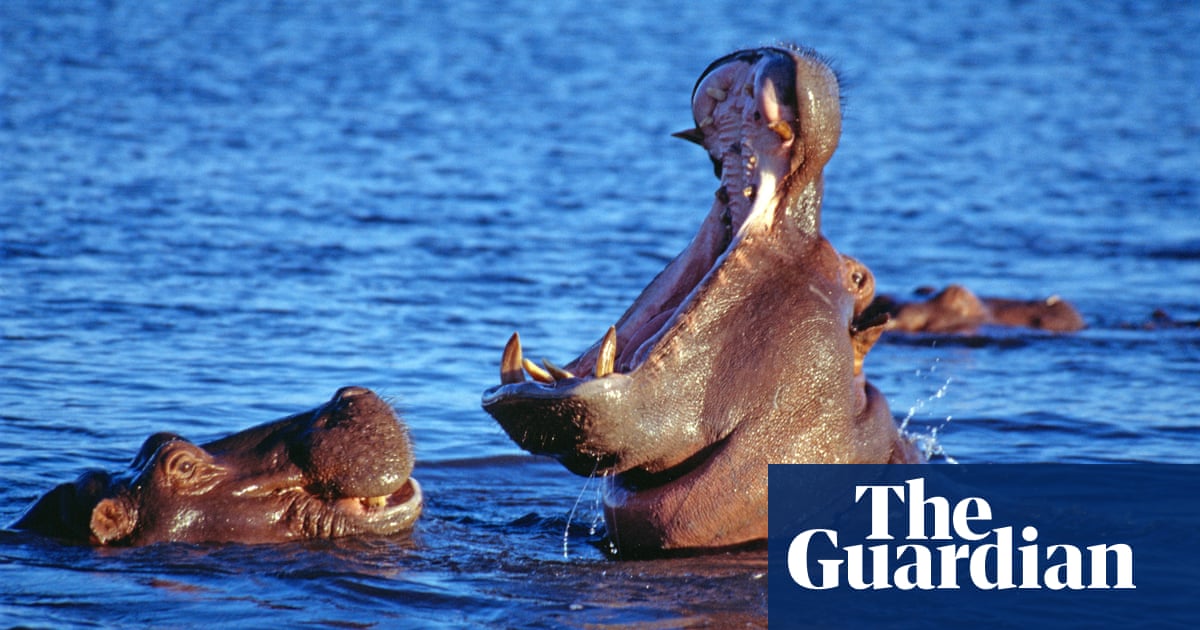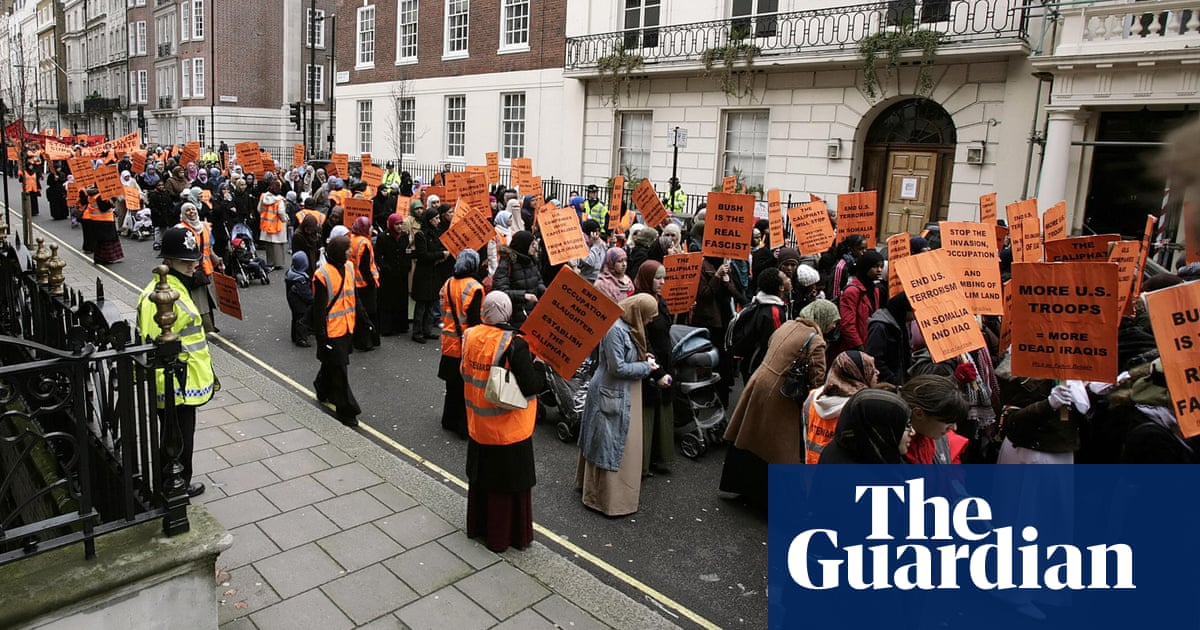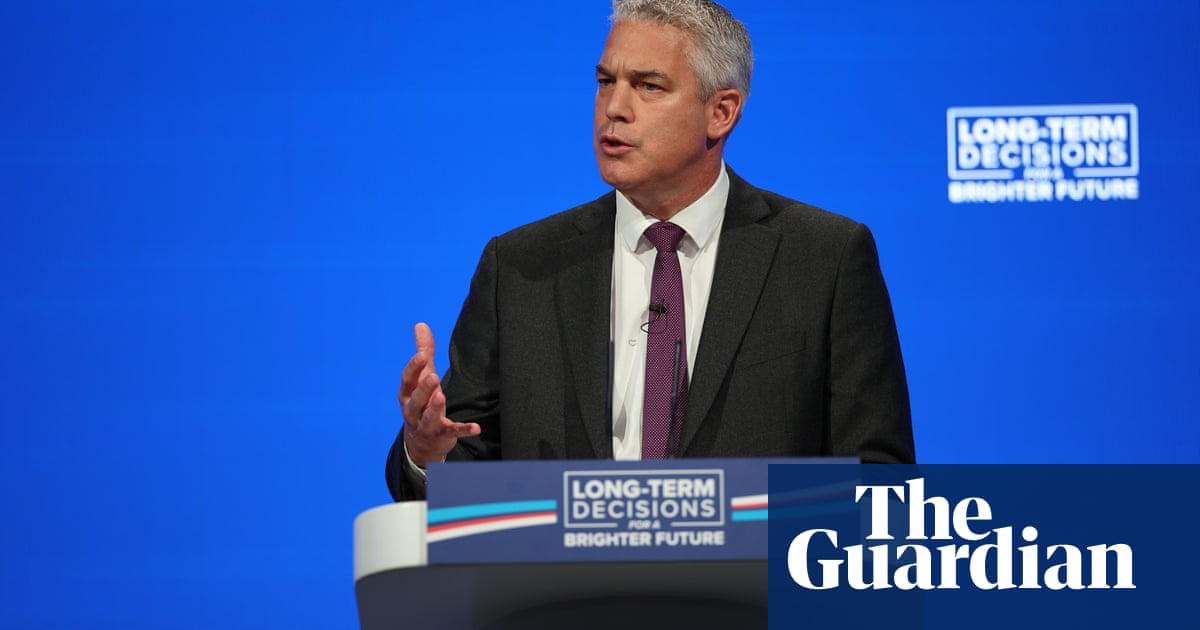
Ivory imports from hippopotamuses, orcas and walruses will be banned under new legislation to protect the endangered species from poaching.
The Ivory Act, passed in 2018, targeted materials from elephants, but a loophole meant that animals other than elephants, including hippos, were being targeted for their ivory.
After a consultation, ministers have decided to tighten the ban to include all ivory-bearing species, so these will not be poached to fill the gap in the trade left by the elephant ivory ban.
Ministers said the hippopotamus was the species most at risk from the trade in its ivory after elephants, and the other species were already threatened by the climate crisis. They added that continued trade in their ivory could exacerbate these threats and make their long-term survival less likely.
The elephant ivory ban faced immense challenges, with antique traders taking the government to court in an ultimately unsuccessful battle to squash the legislation.
Trudy Harrison, biodiversity minister at the Department for Environment, Food and Rural Affairs (Defra), said: “This is a pivotal moment in delivering one of our key manifesto commitments on international conservation.
“The Ivory Act is one of the toughest bans of its kind in the world and by extending greater legal protections to five more species, we are sending a clear message the commercial trade of ivory is totally unacceptable.
“The UK has long led the way in conservation and our ban shows continued global leadership in doing all we can to protect the world’s most endangered species.”
Ivory is used for ornaments, musical instruments and jewellery, among other items, and animals are poached across the globe for profit in what can be a lucrative market.
The hard, white material comes from the tusks and teeth of animals. It consists mainly of dentine, one of the physical structures of teeth and tusks.
Charities welcomed the ban. Frances Goodrum, head of campaigns and programmes at the International Fund for Animal Welfare UK, said: “[We] are encouraged by early indications that the ban is having a significant impact on the trade in elephant ivory, yet other species are still poached globally to meet an unnecessary demand for ‘luxury’ ivory products, including the hippopotamus, walrus, narwhal, sperm whale and killer whale.
“We welcome Defra’s decision to extend this powerful legislation, which will go a long way in cracking down on a damaging trade. Today is a good day for conservation and a step change towards international commitments to safeguard our natural world.”












